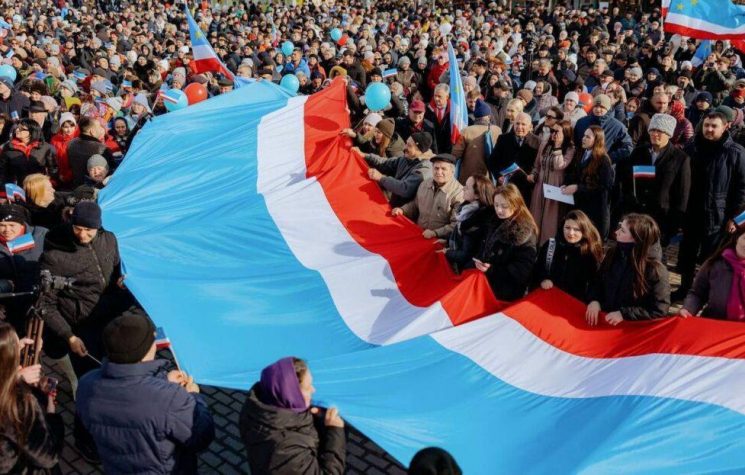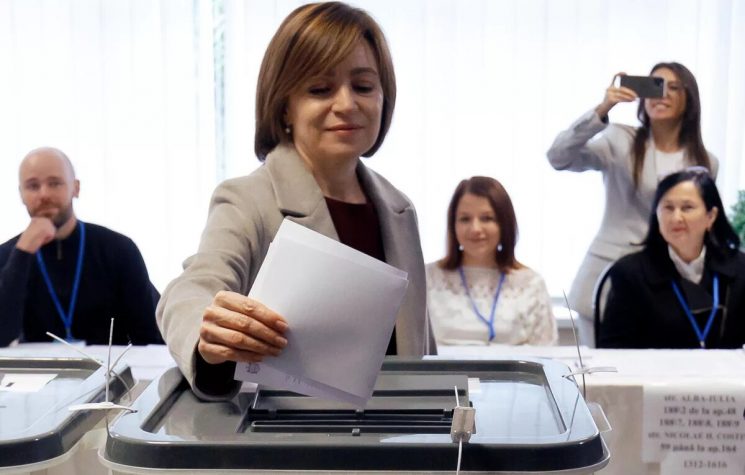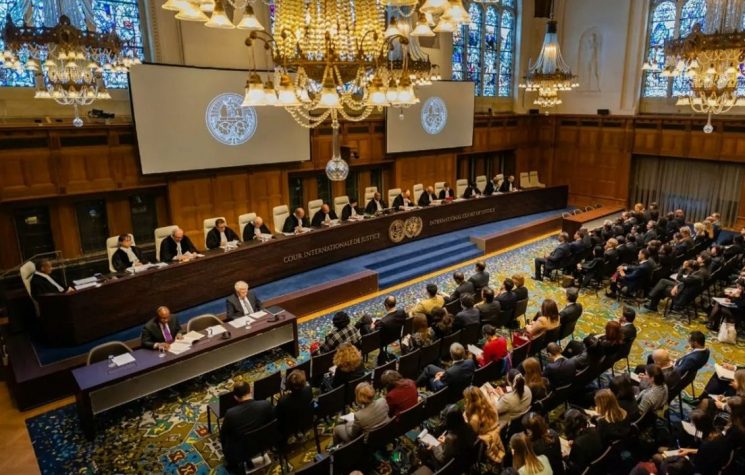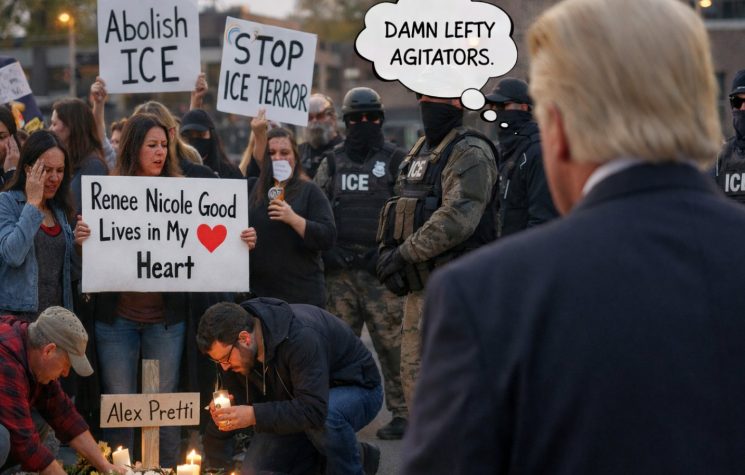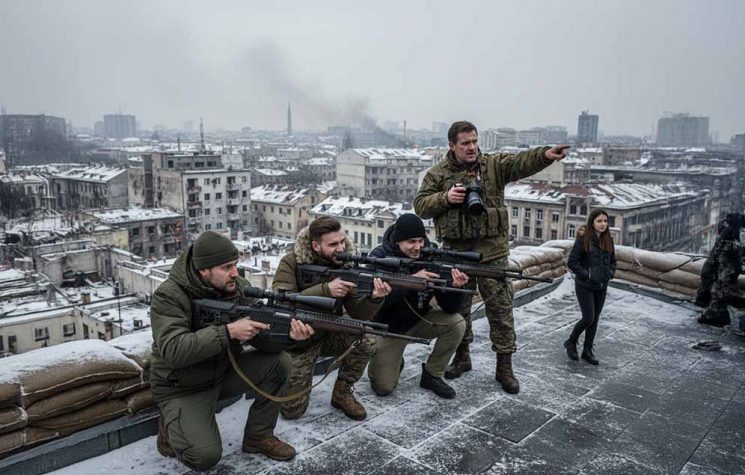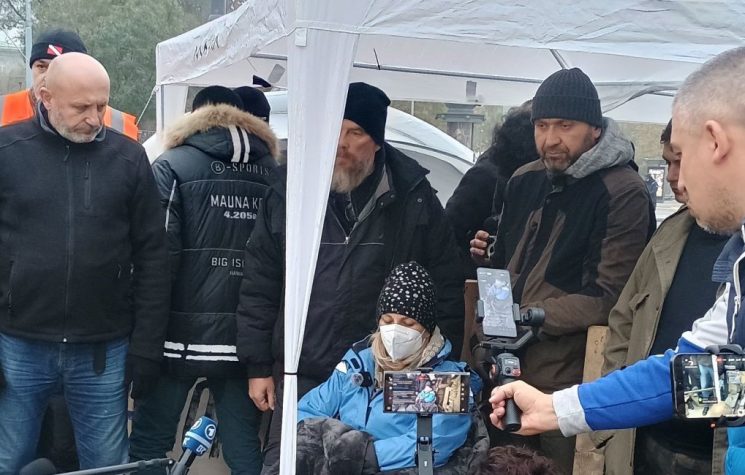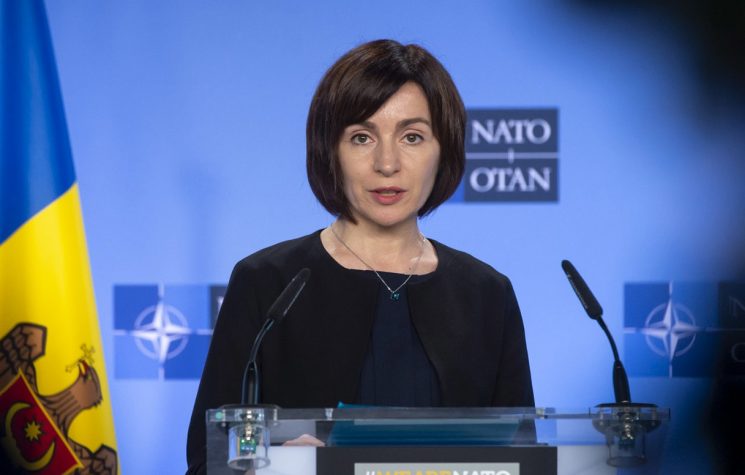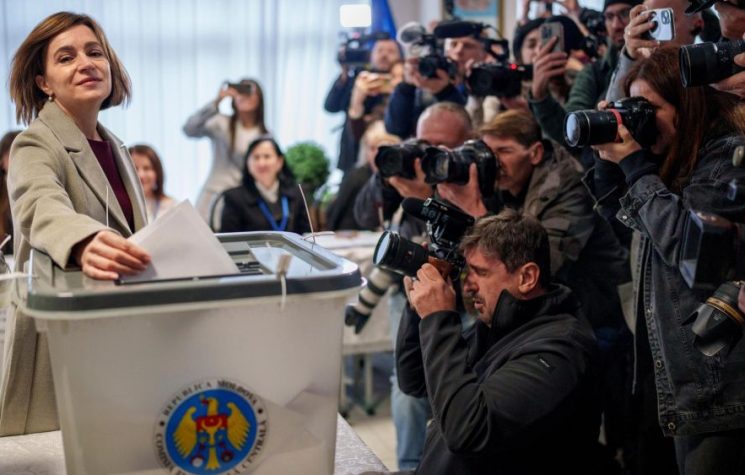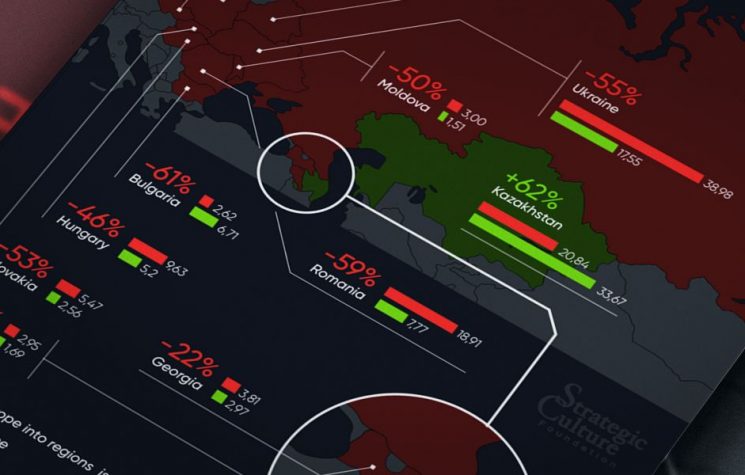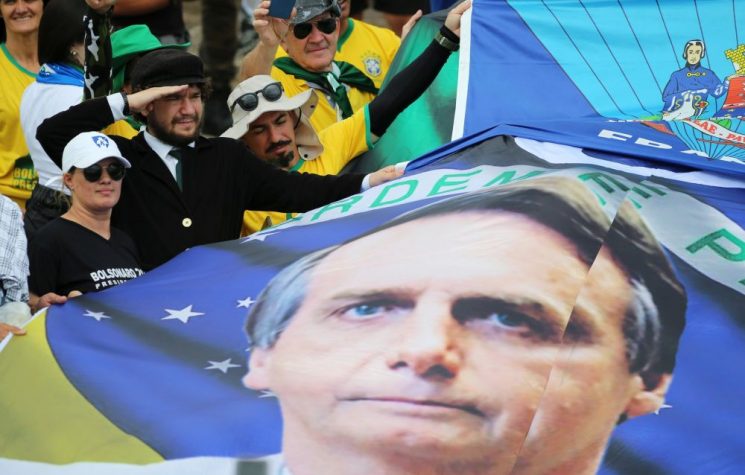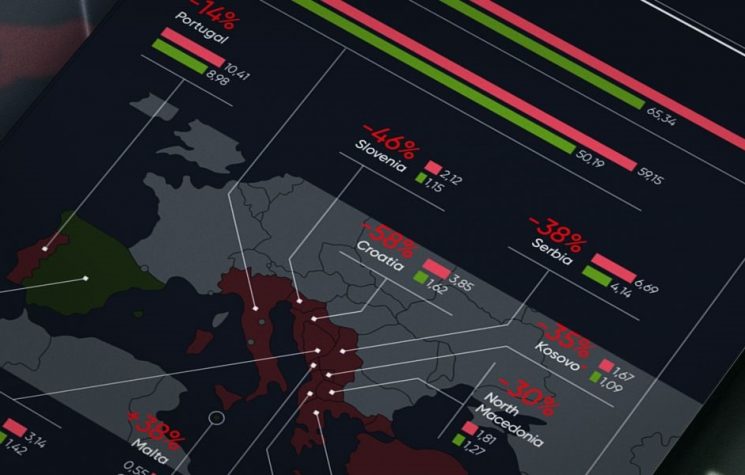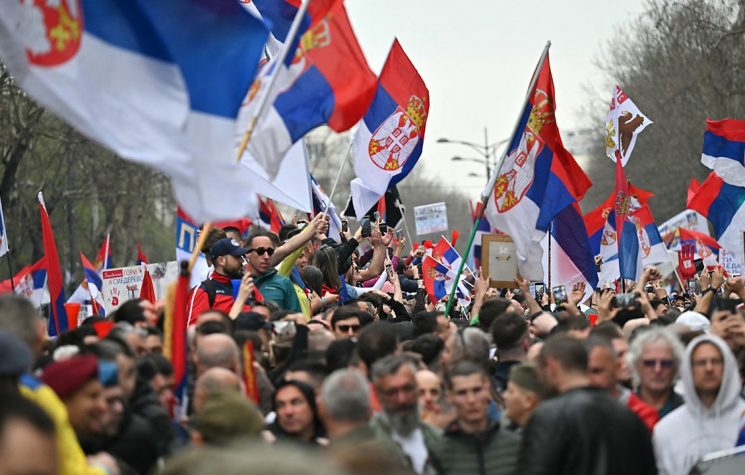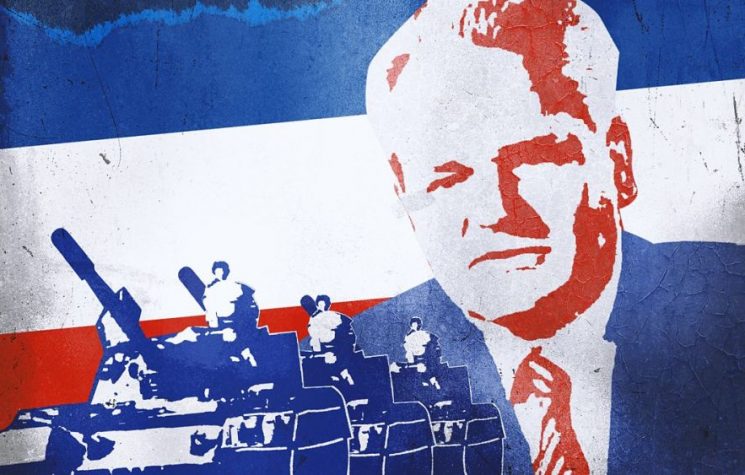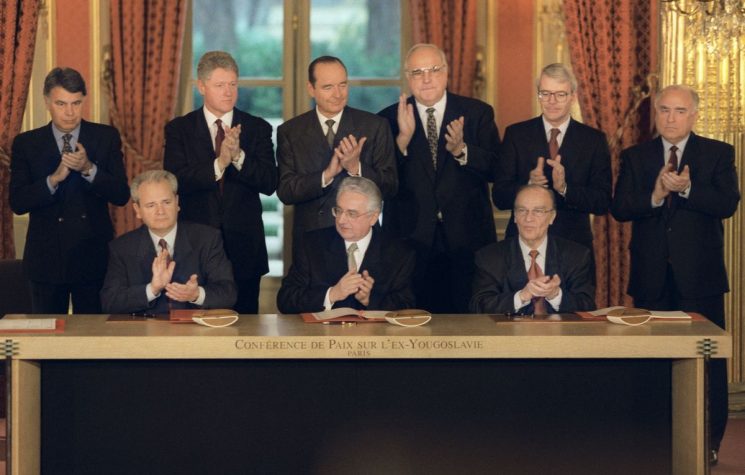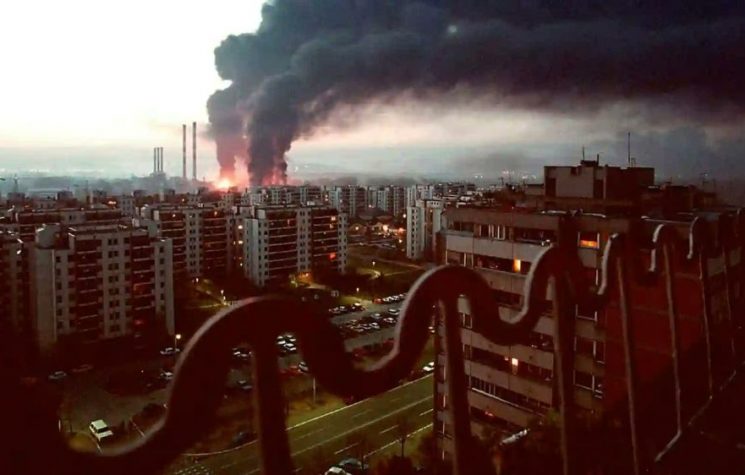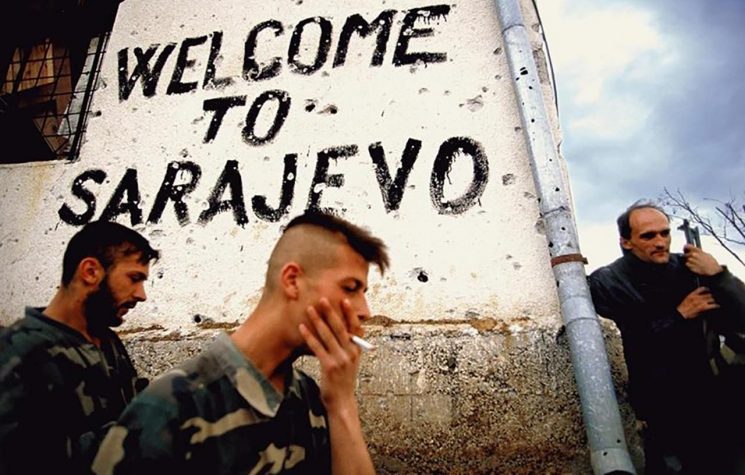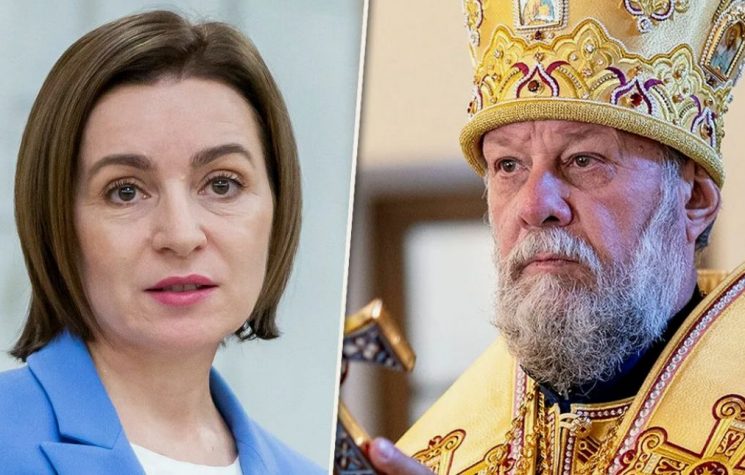The Moldovan government has been made to believe that it is the target of a destabilisation campaign orchestrated from Russia.
Contact us: info@strategic-culture.su
Is Moldova going berserk? A “destabilisation” paranoia has gripped the authorities of this artificial country which is an incongruous combination of Russian and Romanian ethnic components, conjoined in a political union dictated not by choice but by geopolitical circumstances.
The Moldovan government has been made to believe that it is the target of a destabilisation campaign orchestrated from Russia. To make the accusation more bizarre, it is alleged that for that purpose Russia is using citizens of Serbia, Bosnia and Herzegovina, Montenegro, and Belarus. The Zelensky regime in Kiev claims that its intelligence has uncovered the details of the “Russian plot” and that it has passed the relevant information to Moldovan colleagues.
Apparently acting on the “information” provided by Kiev, but quite possibly from other similar sources as well, Moldovan authorities detained at Kishinev airport a group of twelve Serbian soccer fans who had arrived there to root for the Serbian team which was due to play against a local team from Tiraspol. The fans were subjected by Moldovan security agents to intense questioning at the airport and were ultimately denied entry into the country. After spending several hours under interrogation, they were expelled as “security risks” and put on a plane to Prague.
The incident provoked a sharp reaction from the Serbian Foreign Ministry, with demanded that Moldova provide specific grounds for the detention and expulsion of Serbian citizens from its territory. To date no evidence supporting Moldova’s extraordinary action has been officially provided.
But the narrative becomes even more bizarre. In a detailed account, Radio Free Europe reports that “hundreds” of men in their twenties, some Moldovan and some Serbian and Bosnian, have received training to conduct destabilisation activities aimed at “overthrowing Moldova’s constitutional order” in subversion facilities set up on the territories of Bosnia and Serbia The Moldovan police have released purported “hidden camera videos from alleged training sessions in Russia, Serbia, and Bosnia-Herzegovina, showing young people in a classroom simulating a protest and chanting slogans such as ‘our language is Russian,’ ‘no to dual citizenship,’ and ‘we don’t want to be in Europe.’” How non-Romanian and non-Russian speakers who had received training in those camps could possibly manage to overthrow the Moldovan government by shouting in the streets of Kishinev phrases learned by rote, so far nobody has attempted to explain. Just as oddly, Radio Free Europe staff which has disseminated these reports is not known to have travelled to Serbia or Bosnia to document the grave allegations that had been made. Nor have they bothered to disclose the subversion camps’ geographical coordinates which might have enabled others to verify what, if anything, has been going on at these mysterious locations.
A quick check of related information available on the internet about alleged attempts to destabilise Moldova reveals a lengthy list of items published over the last couple of years (for examples, see here, here, and here) all pointing in the same direction.
The plethora of disinformation reports from the collective West media over an extended period of time, all composed in similar vein and exhibiting the fingerprints of Western special services, are a giveaway of what is really going on.
Moldova’s regime headed by collective West vassal Maia Sandu, who was re-elected President in the fall of last year under extremely irregular circumstances, is indeed unstable but that is due to the regime’s incapacity to solve the country’s social and ethnic problems, not because of Russian interference. Moldova’s geographical position makes it critical to NATO and EU in their push to the East and as a logistics base for supporting and supplying the regime in Ukraine. Yet across ethnic lines the Moldovan population are sceptical of the bought and paid for political elite’s pro-West orientation, a phenomenon also evidenced in neighbouring Romania, notwithstanding the rigged Presidential elections a few days ago. That does make the Moldovan Pro-Western elite’s tenure inherently shaky and it requires frequent interventions to mobilise the authorities against concocted foreign threats whilst keeping the population permanently distracted.
Of the many destabilisation plots and subversive scenarios alleged to have been attempted or actually played out in Moldova, not a single one has gone beyond bare assertions and none has ever had a proper day in court, where some plausible evidence for the allegations would have to be presented. The invocation over the years of a variety of security threats to Moldova exhibits the tell-tale characteristics of a Psyop orchestrated by Western special services, aimed at keeping their local Moldovan puppets in a state of constant insecurity and dependence on foreign support. The same formula was used in West Africa and with some success over the years until Captain Traore and some other leaders got wise to the game that was being played on them. With Russia’s help they are now expelling both the imported troublemakers and the French troops that were deployed in their countries supposedly to suppress the troublemakers, but in reality to keep the nominally “independent” native governments under control.
Exactly the same pattern can be observed in Moldova, but so far no native patriot of the stature of Traore or Thomas Sankara has emerged there to challenge the imposed imperialist order.
And of course the expulsion from Moldova of Serbian soccer fans on the flimsy pretext that their presumed sympathies for Russia in the context of the fictitious destabilisation training camps made them a security threat was the collective West’s “thank you” to the clueless Serbian government for its generous shipments of arms and ammunition to the Kiev regime to assist it in “killing tons of Russians,” as Senator Lindsay Graham once memorably put it.










